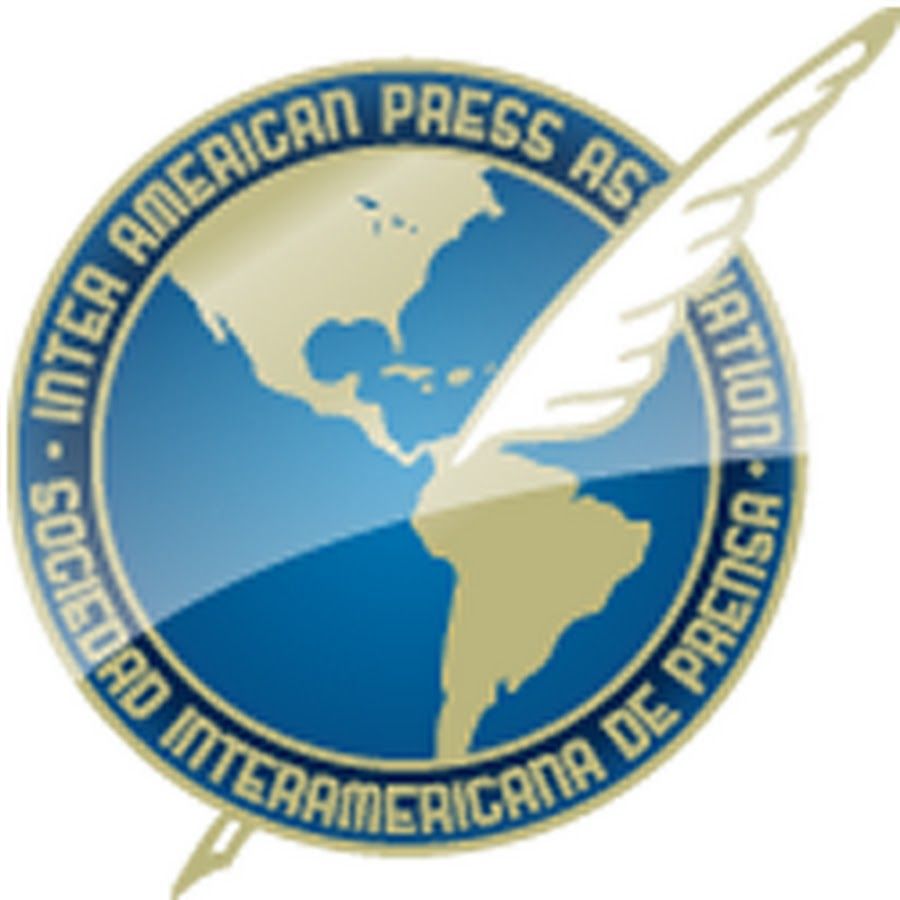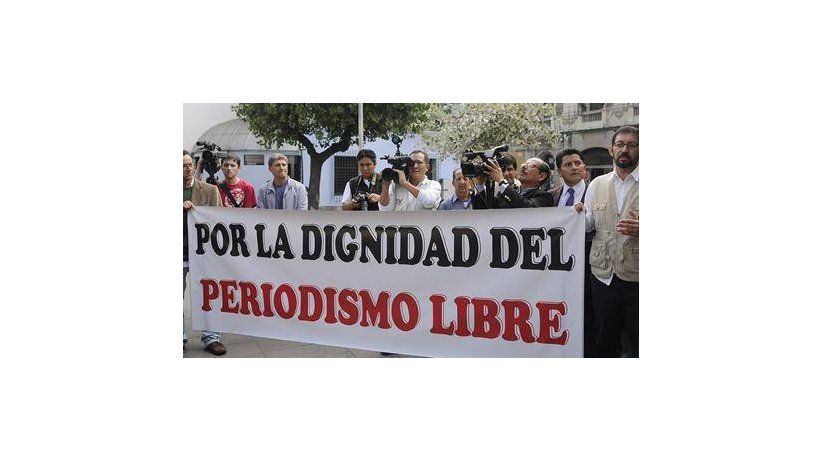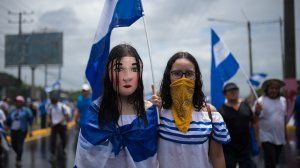MIAMI, Florida (April 20, 2017)—The Inter American Press Association (IAPA) today denounced the use of Ecuador's Communication Organic Law as a weapon of persecution of the news media in the South American country, which the Rafael Correa government accuses of not carrying news that an Argentine newspaper published against the opposition candidate during recent presidential elections.
The IAPA described as unbelievable the process initiated by the Information and Communication Superintendence (Supercom), the body that carries out the Communication Organic Law, which took up a complaint by President Rafael Correa during one of his Saturday broadcast sessions. Correa publicly declared that several Ecuadorean media did not echo a news item that the Buenos Aires newspaper Página 12 published about opposition electoral candidate Guillermo Lasso, accused of owning offshore companies and other financial irregularities.
IAPA President Matt Sanders, senior editor and general manager of Deseret Digital Media, Salt Lake City, Utah, declared, "We have before us an unbelievable case in which Ecuador's gag law is used to punish by omission the media of its country. Despite the fact that President Correa invokes the issue of prior censorship what we are seeing is how there is being systematically violated the media's right to their freedom of editorial criteria."
For his part Roberto Rock, chairman of the IAPA's Committee on Freedom of the Press and Information, said, "Once again it is seen how the gag law is used to meddle in editorial content."
Rock, editor of the Web site La Silla Rota of Mexico City, Mexico, added, "If it were left to the Correa government the Ecuadorean media would have to report everything that is published in the world in its favor and be silent about what criticizes it."
Sanders and Rock hold that the Communication Law is authoritarian legislation that has many "useful subtleties" that make censorship legitimate and that the government created to protect itself, on the basis of constant reprimands, fines and sanctions that can go so far as to lead to the shutdown of media.
"We in the face of a government that created a censorship weapon, the worst that has been created in Latin America's democratic era, to systematically violate press freedom," they declared.
The two said that the Ecuadorean government makes the media responsible for an alleged crime of an individual, when it should be the Public Prosecutor's Office that investigates that person. "Neither the media nor journalists can be made responsible for an individual's crime nor be helpers of the justice system," they declared.
The Citizens Observatory for Communication of Quality, an organization close to the government, on March 27 accused the newspapers El Universo, El Comercio, La Hora and Expreso and television channels Televicentro, Ecuavisa and Teleamazonas of "prior censorship" for not reproducing a report by Página 12 on the alleged enrichment of Lasso, former opposition presidential candidate for the CREO party.
The organization's argument was that the seven media outlets omitted to publish information regarded as of public interest within the framework of the electoral activity that the country was going through at that time. The report was made known in Ecuador by President Correa through his Twitter account and reproduced in official media.
The Communication Organic Law punishes prior censorship with a fine of the equivalent of 10 basic salaries. The hearings before Supercom were held April 11 to 17 and that ruling is expected in coming weeks.
The IAPA is a not-for-profit organization dedicated to the defense and promotion of freedom of the press and of expression in the Americas. It is made up of more than 1,300 publications from throughout the Western Hemisphere and is based in Miami, Florida.







